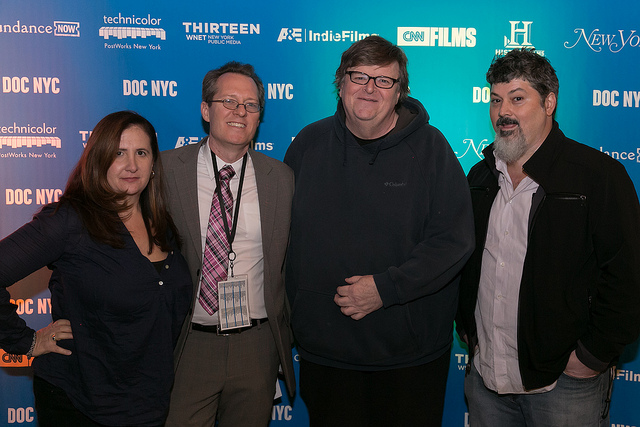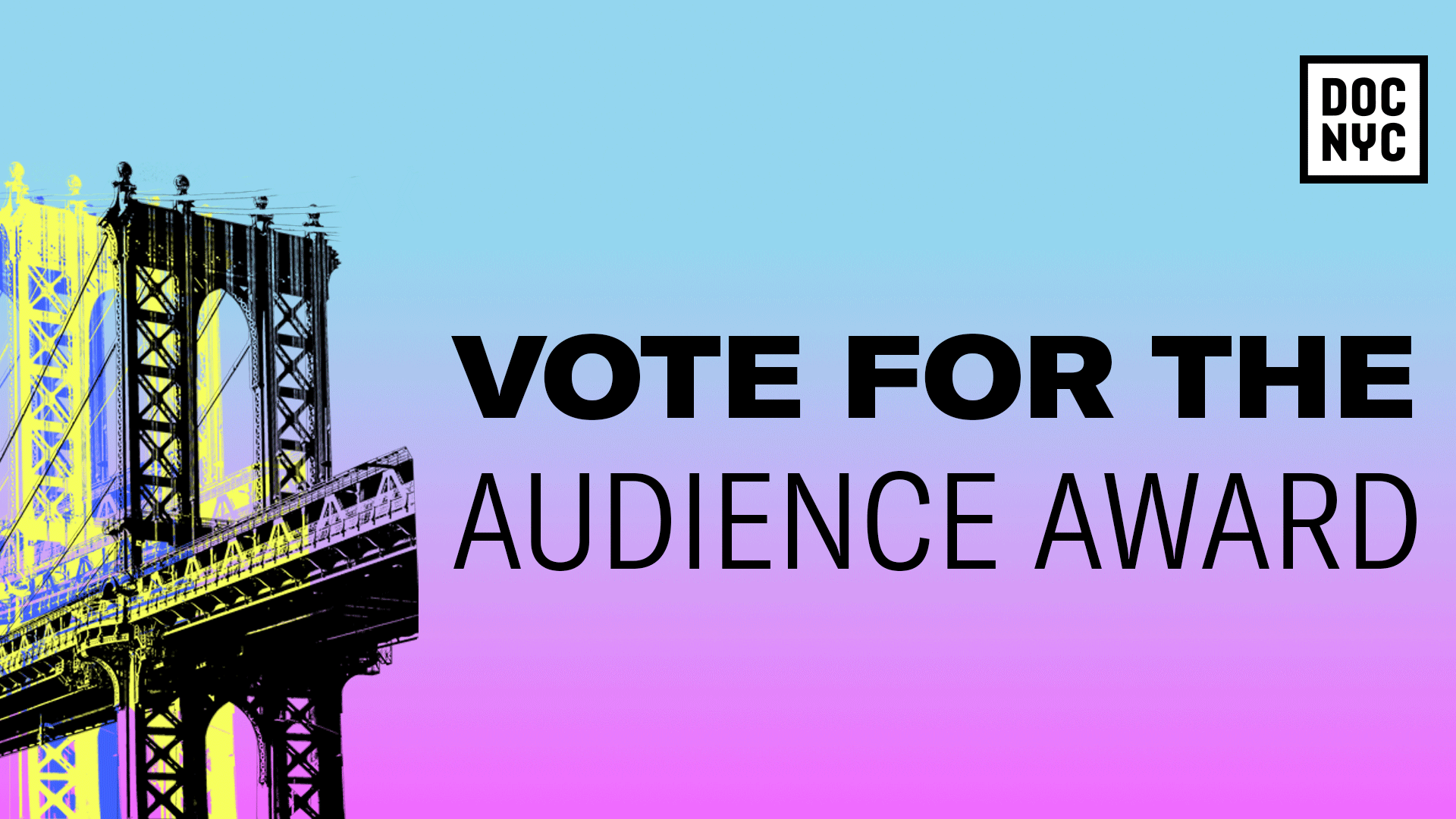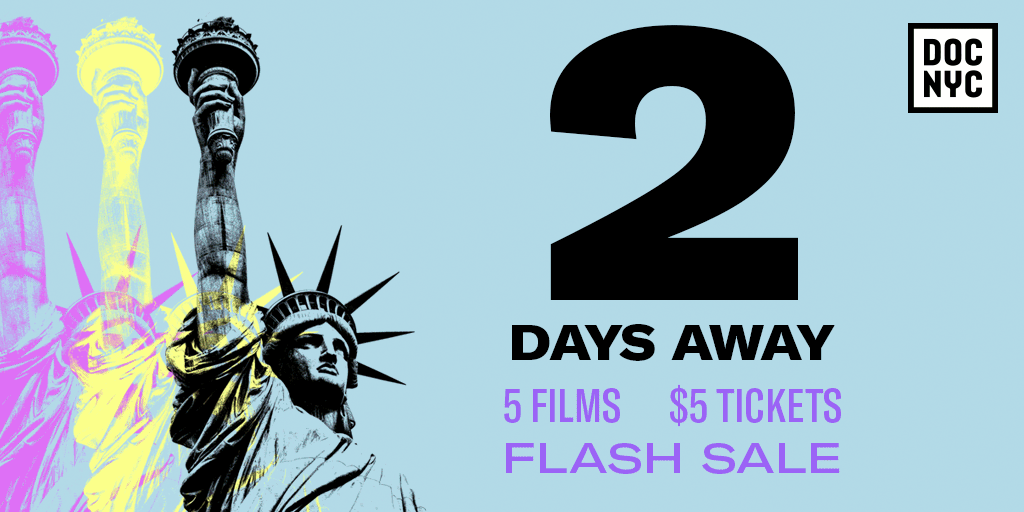Citizen Koch: The Democratic Process Gone Awry

This post was written by DOC NYC blogger Krystal Grow

Perhaps we knew the democratic process had gone awry, but before Carl Deal and Tia Lessin’s film CITIZEN KOCH premiered at DOCNYC on Friday night, we may not have realized just how pervasive—and persuasive—big money has become in the political sphere.
With an emphasis on billionaire brother industrialists David and Charles Koch and their political advocacy group (PAC) Americans for Prosperity, which played a key role in the rise of the Tea Party movement, CITIZEN KOCH takes a frightening, fascinating and revelatory look into the players making big deals and funneling huge amounts of money into the electoral process and the drastic effect it has had on the way our government functions.
“Everywhere we turn there are little pieces of this film that continue to be relevant,” Deal said while introducing the film to the audience at the School of Visual Arts. “We think it will remain relevant.”
If the film were not based in such solid research, news footage and comprehensive and at times heartbreaking interviews, it would seem outlandish that private funding from big business and independent billionaires had shifted the political landscape so dramatically. Deal and Lessin, who also directed TROUBLE THE WATER and were producers for Michael Moore’s FARENHEIT 9/11, are clearly activists at heart and deeply committed to the documentary format to expose harsh truths and connect the dots of complicated and controversial political topics.
By following the money trail from the Koch brothers through the Supreme Court and on to the attempted recall of Wisconsin Governor Scott Walker in 2012, CITIZEN KOCH digs deep into the severe inequity in the electoral process. Also investigated is its disturbing repercussions for unions, middle class Americans and moderate Republicans, who are increasingly disillusioned and disenfranchised from a party they had been fiercely loyal to, until the Supreme Court’s ruling on election funding and Walker’s treacherous attack on labor laws.
Seeking more than sound bites from talking heads, Deal and Lessin still serve up some scandalous quotes from party leaders and political underdogs like Buddy Roemer, who was denied entry into multiple Republican debates for a variety of superfluous reasons largely related to his lack of support from big dollar donors. “Money is a weapon, and they have all the guns,” Roemer said in the film, “so who wins that battle?”
After the film and amidst thunderous applause, Deal and Lessin were joined by Moore, their colleague and contemporary in the realm of politically confrontational film making, for what was more of a call to action than a Q&A. “There’s a reason why the wealthy are being super enfranchised in the political process—because they’re afraid of the rest of us,” Lessin said. “They’re afraid of the power of small donors. They saw it in the first Obama campaign and they took notice. This is where we can take the power back.”
Krystal Grow is an freelance journalist, photo enthusiast and arts administrator based in NYC.




